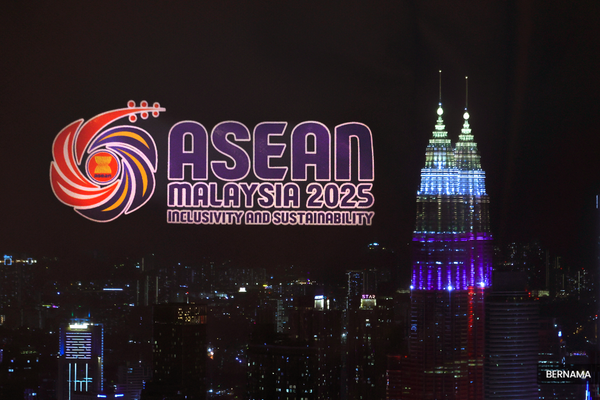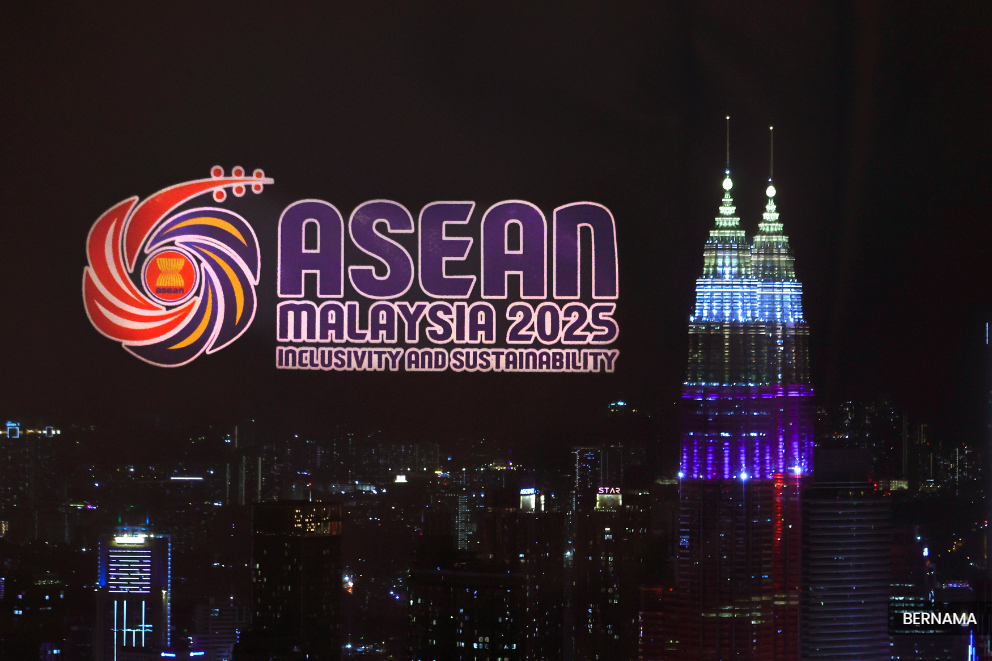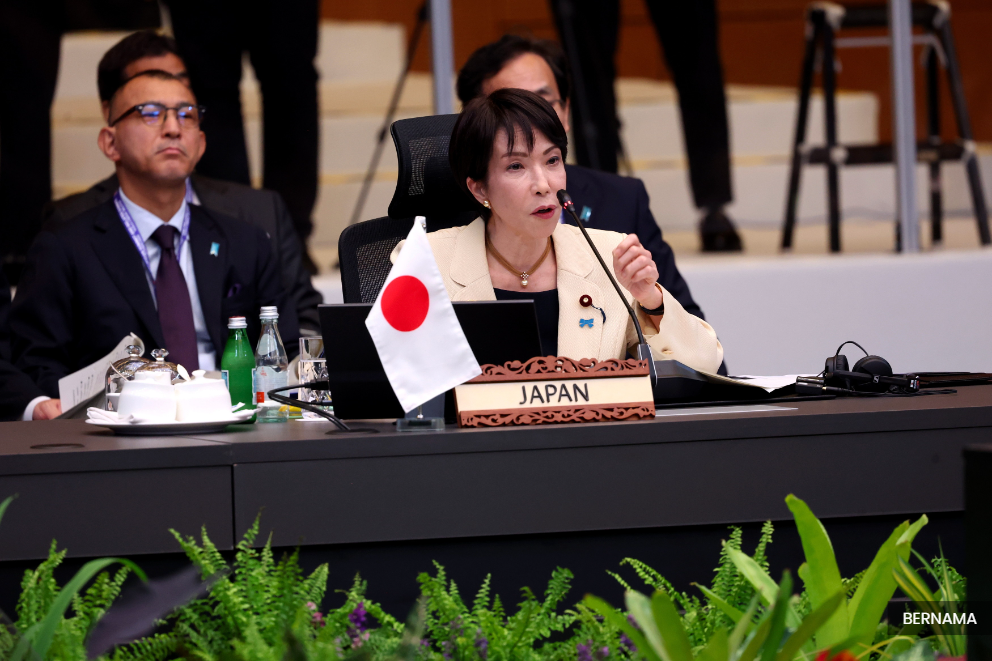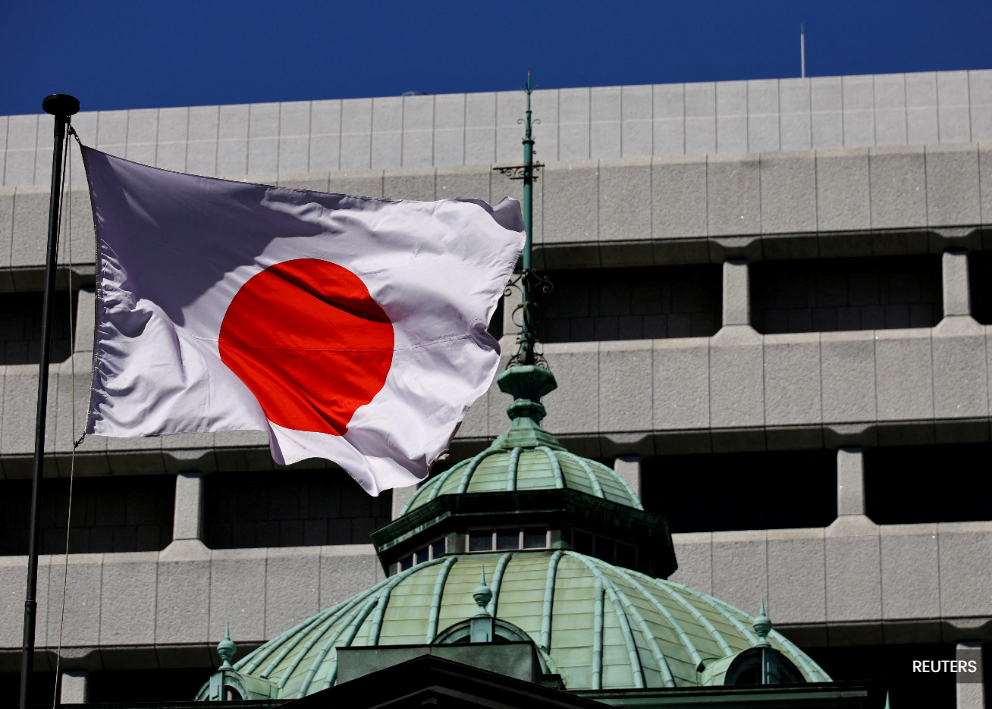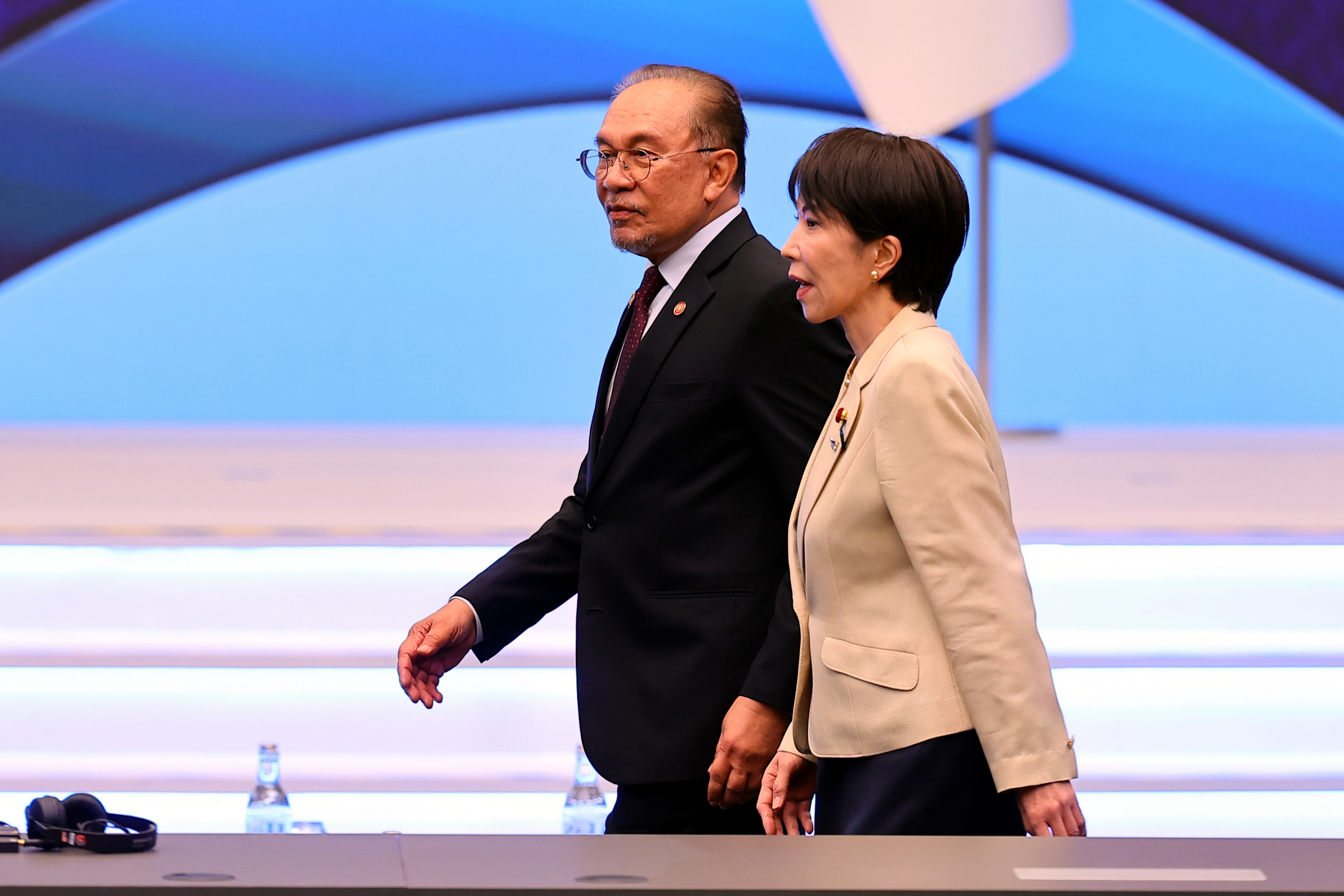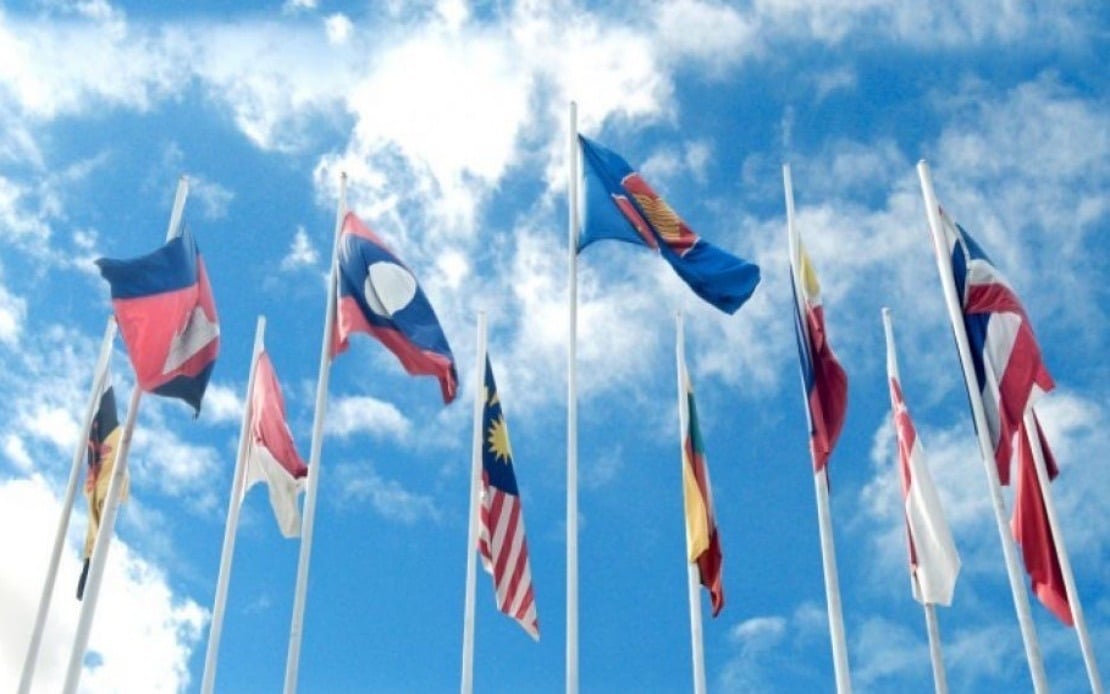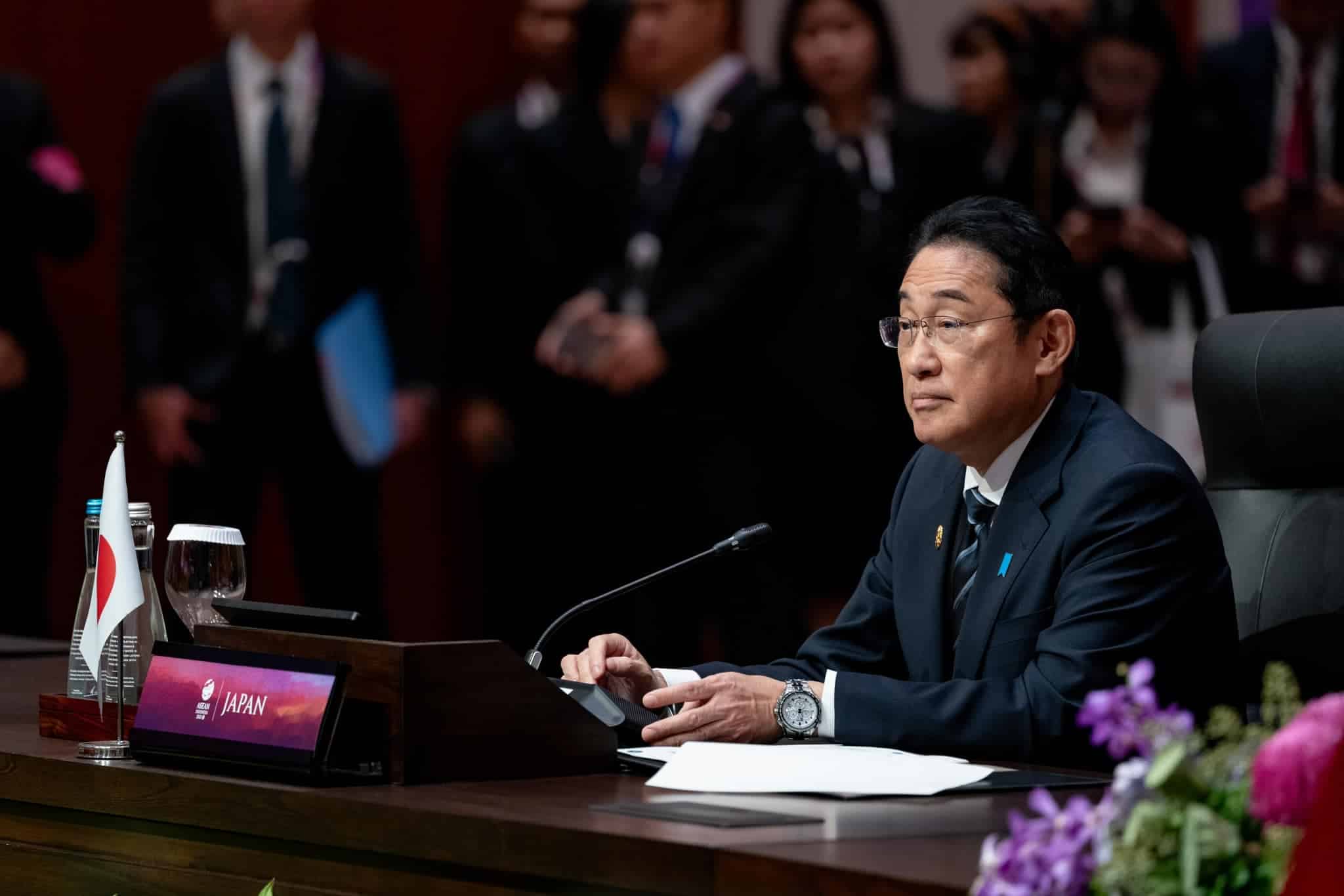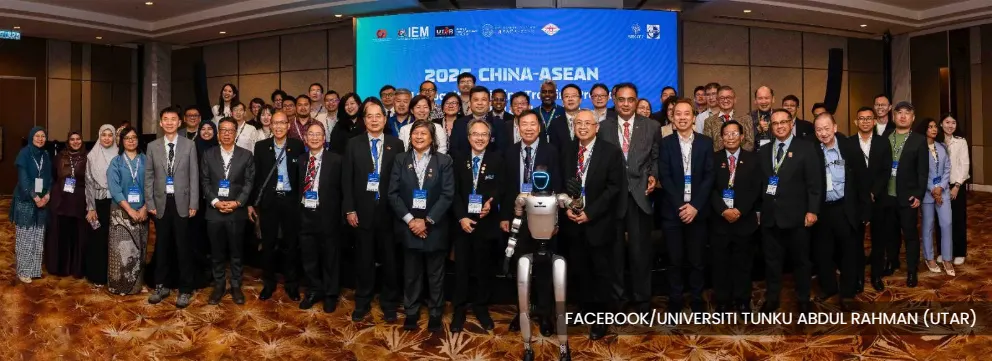KUALA LUMPUR, Oct 28 — Japan acknowledged that ASEAN’s role is essential in maintaining peace and stability in the region as Tokyo reaffirmed its commitment to bolstered cooperation under the Asean Outlook on the Indo-Pacific (AOIP) framework.
The Foreign Ministry's press secretary Toshihiro Kitamura said the vision of the AOIP aligned with Japan’s Free and Open Indo-Pacific (FOIP) and collaboration can be further enhanced for the benefits of the two regions.
“Both frameworks share key principles such as openness, inclusiveness, transparency, and the rule of law,” he said in a press briefing on the sidelines of the 47th Asean Summit and Related Summits today.
A joint statement was adopted by Asean leaders and Japan’s Prime Minister Sanae Takaichi following the 28th Asean-Japan Summit on Sunday (October 26), which has, among others, outlined commitment by both sides to expand cooperation, in line with the AOIP, in addressing global challenges beyond the region to promote peace, stability, and prosperity by capitalising on this region’s growing presence.
Both sides also commit to undertaking substantive, practical, and tangible cooperation through concrete projects in the AOIP’s four priority areas of maritime cooperation, connectivity, the UN Sustainable Development Goals (SDGs) 2030, and other possible areas of collaboration.
“Cooperation based on the Joint Statement on promotion of AOIP will also extend beyond security to include marine plastic pollution prevention, satellite navigation for connectivity and infrastructure development,” Kitamura said.
This is the second joint statement on the AOIP after the first in 2020.
He added that Japan stands ready to support Asean’s need for various pathways towards carbon neutrality by 2050, given the region’s rapidly growing and manufacturing-based economies.
Under the Asean+3 (China, Japan, and South Korea) framework, Tokyo also reaffirmed its commitment to practical cooperation, including rapid emergency financing in the event of a crisis and food security, particularly the emergency rice reserve.
Meanwhile, the Prime Minister’s Office's public affairs deputy Cabinet secretary Takahito Misumi said that Japan continues to advance economic security cooperation with Asean, particularly Malaysia, in areas like semiconductors and critical minerals.
He noted that cooperation on rare earths in Terengganu, Kelantan and Pahang is a promising sector for Malaysia and Japan.
Japan currently imports 15.5 per cent of its liquefied natural gas (LNG) from Malaysia and is expanding collaboration in hydrogen and ammonia projects, including hydrogen initiatives in Sarawak, ammonia-fired gas power studies, the Asean Power Grid, and carbon capture and storage (CCS) projects with Petronas and Japanese companies like Mitsubishi.


